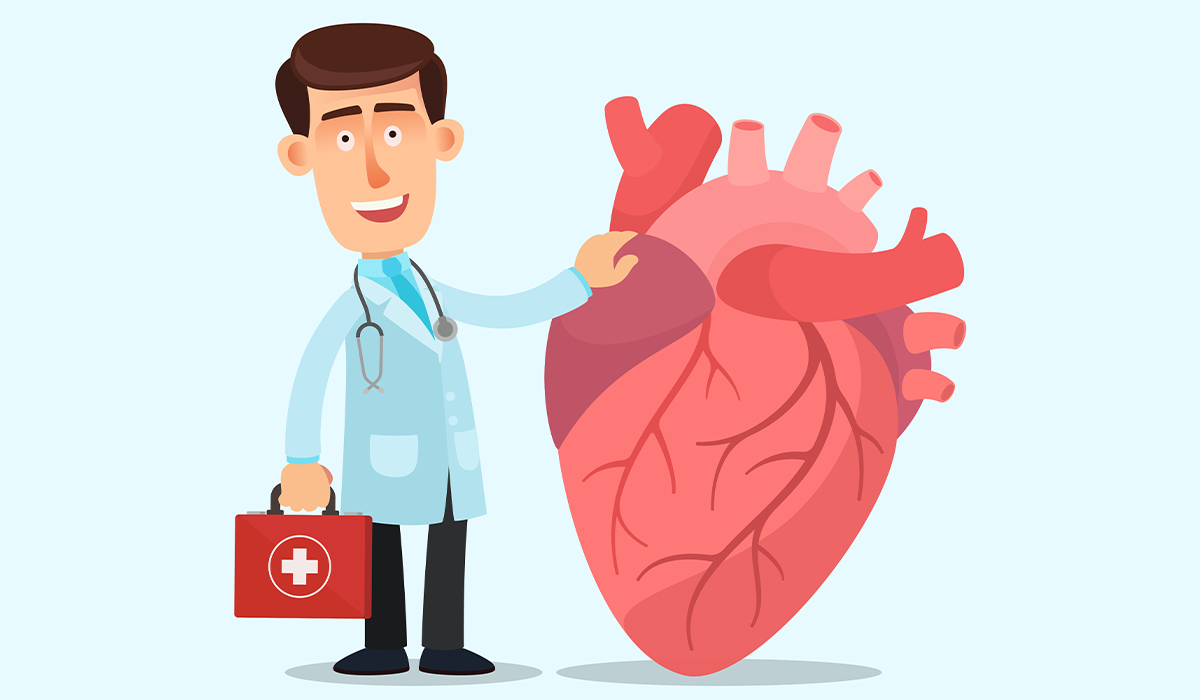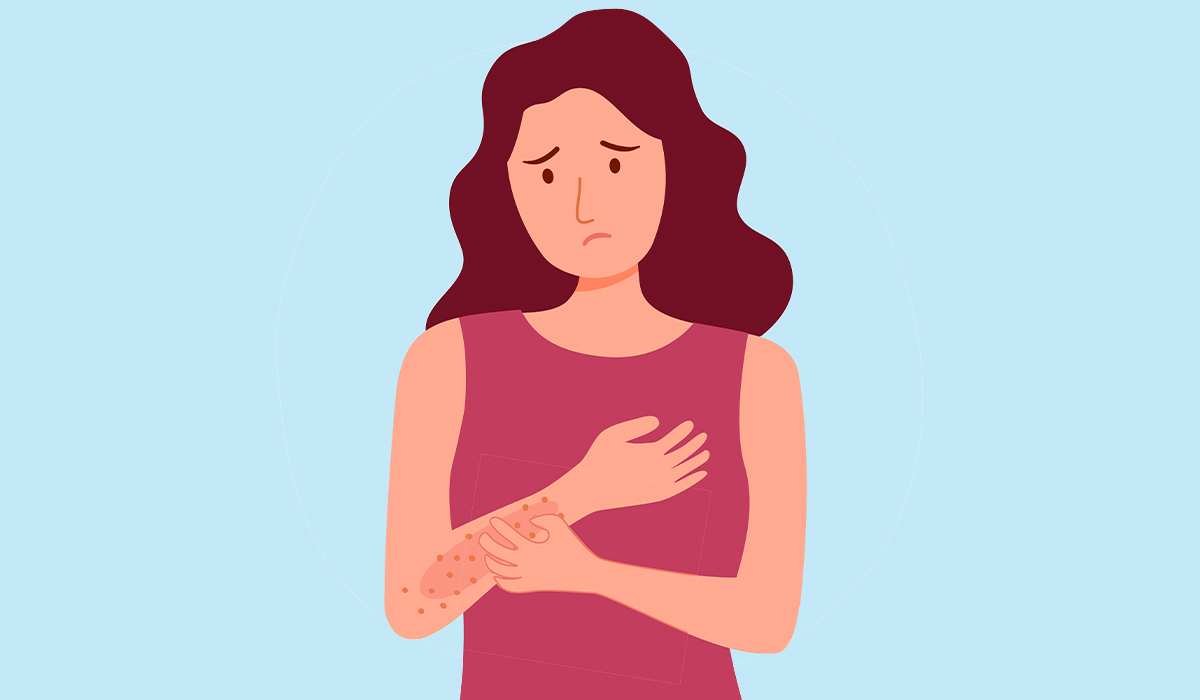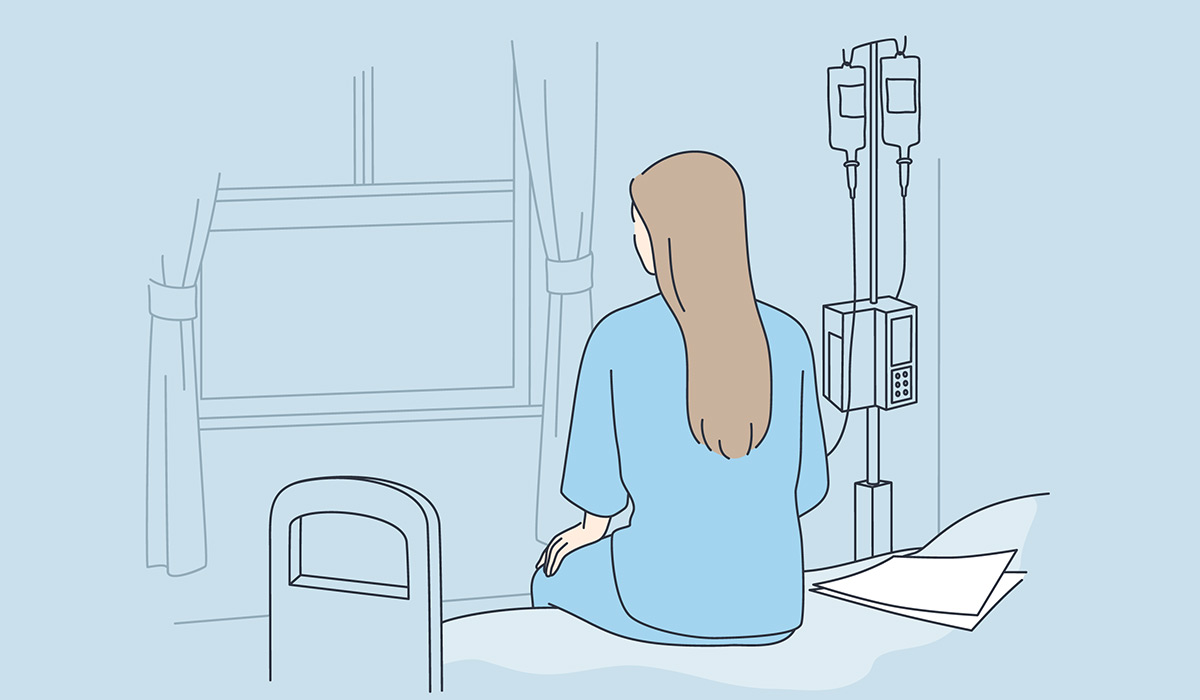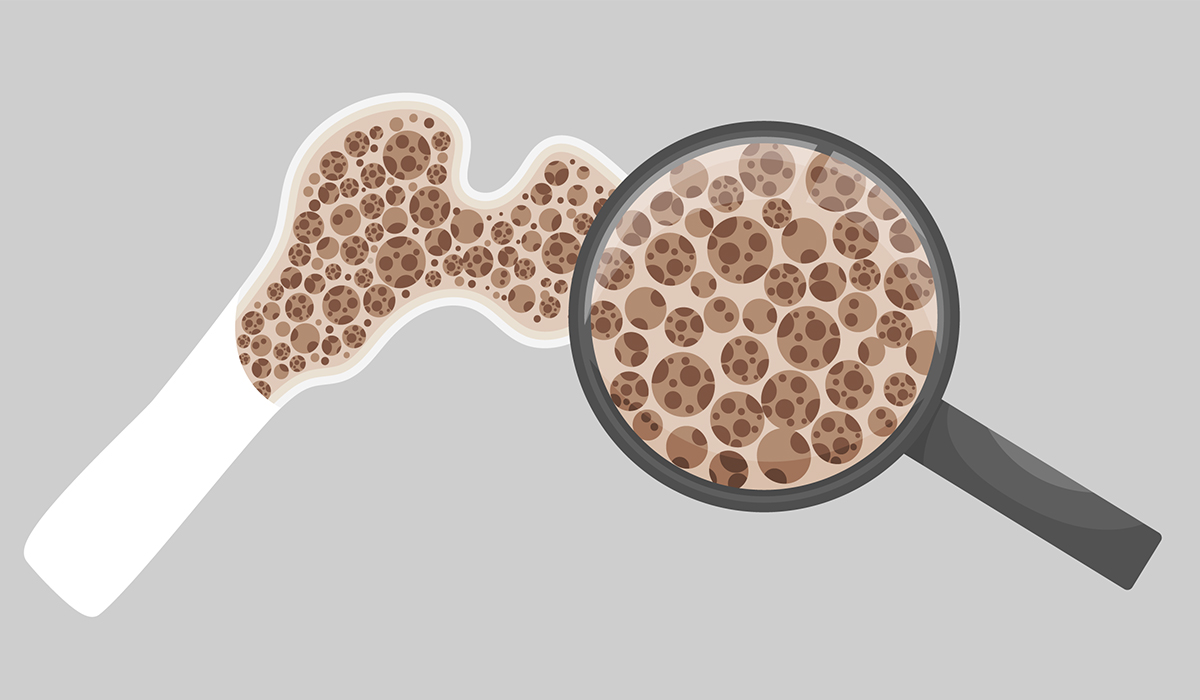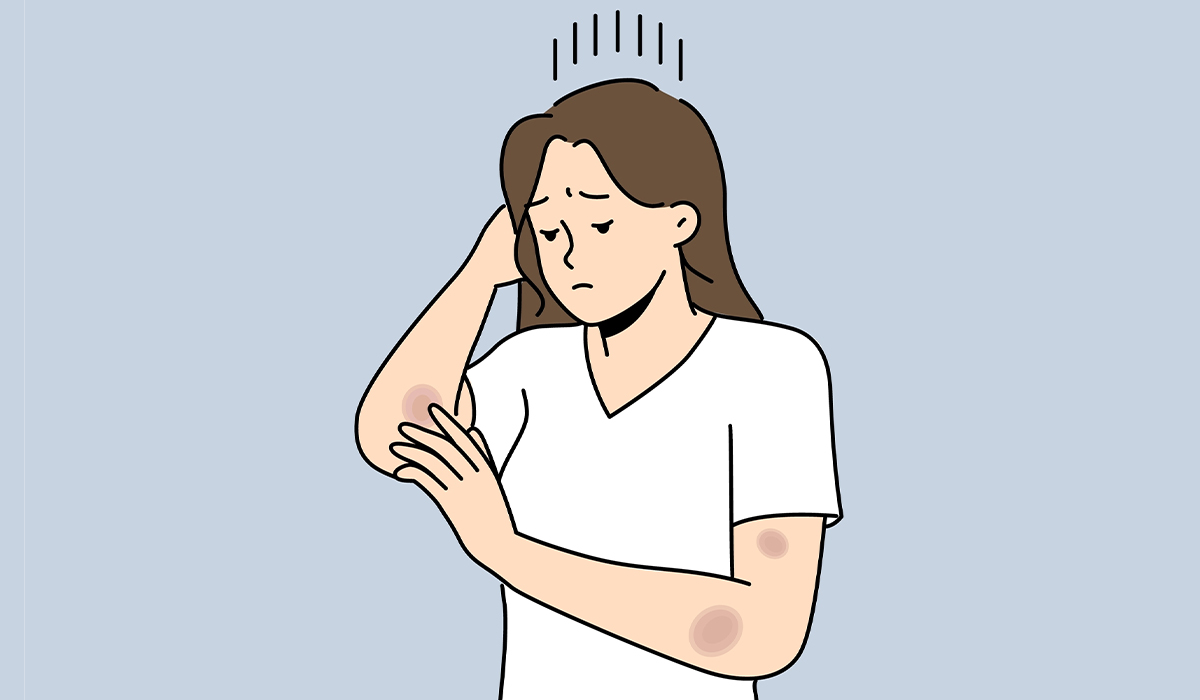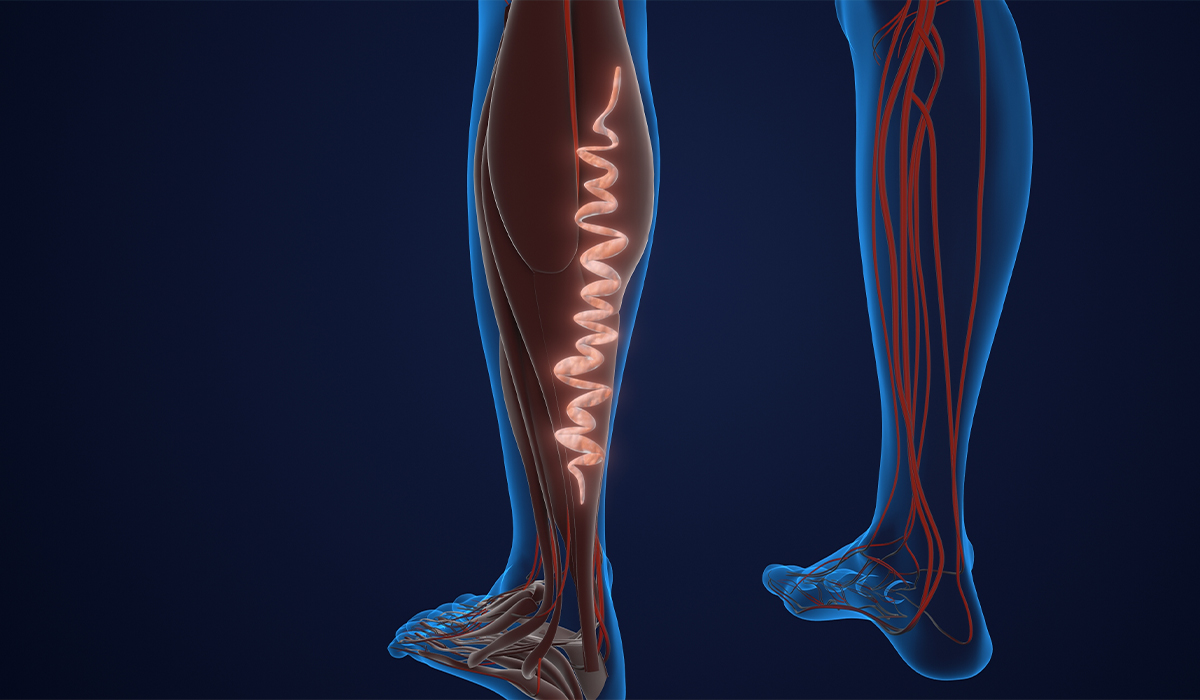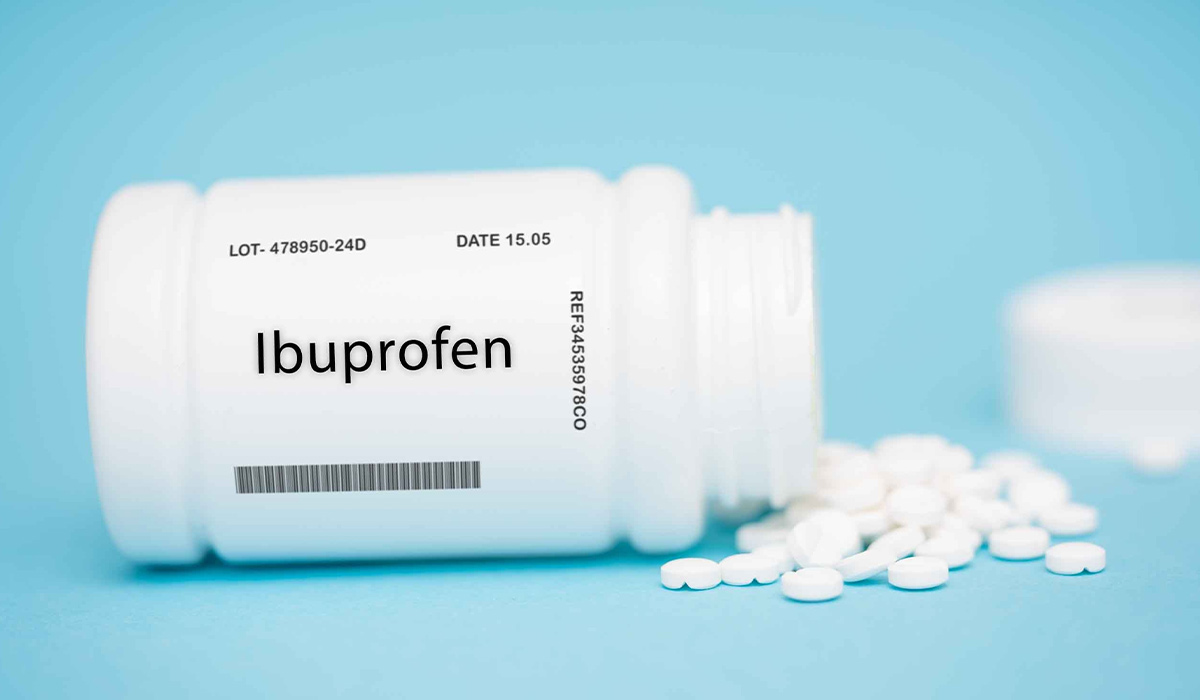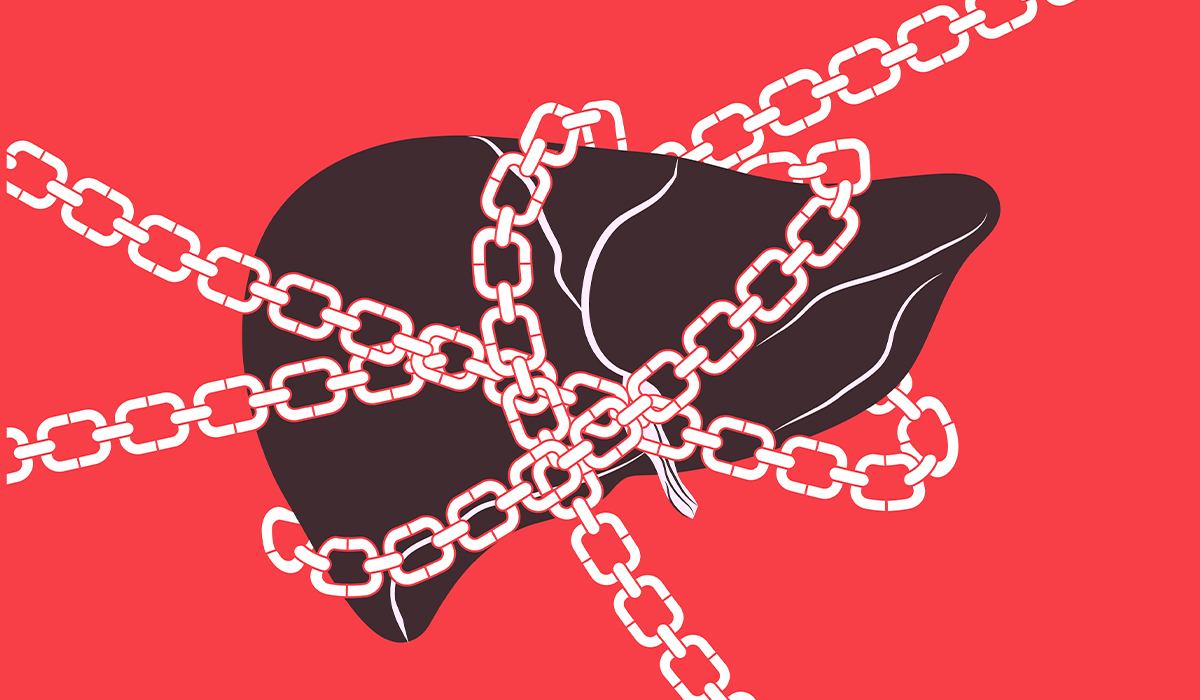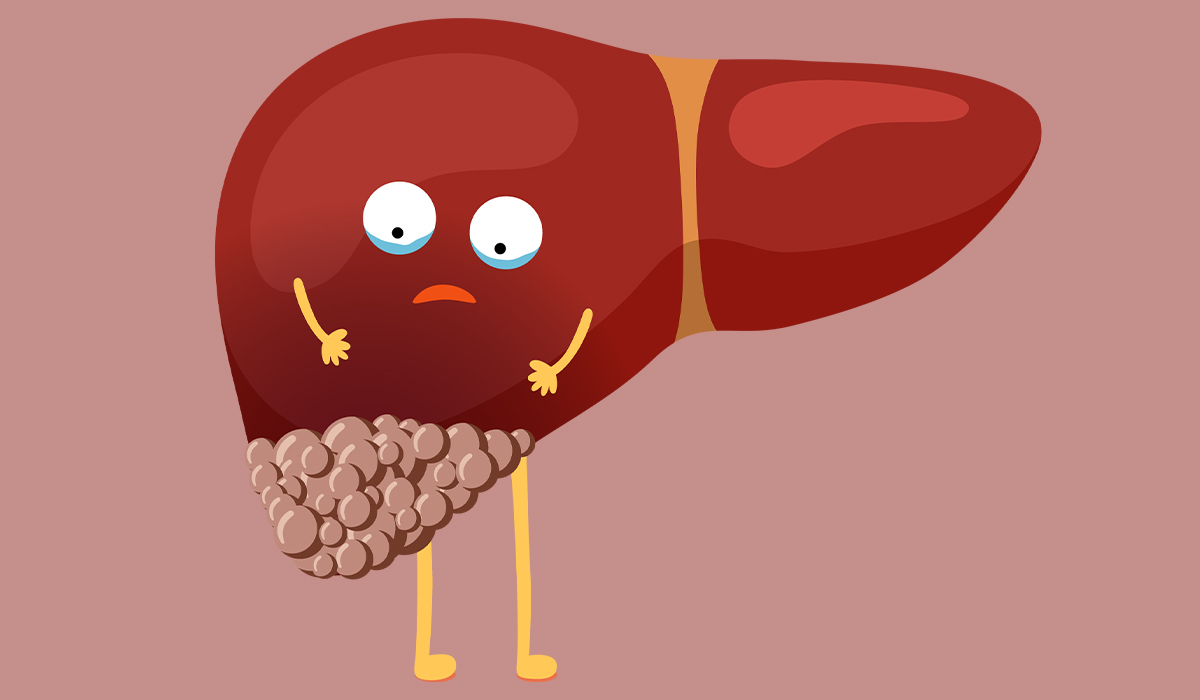Once these factors are eliminated, consulting with a general practitioner is recommended if the issue persists, as profuse sweating could be a sign of an underlying health problem.
Do Night Sweats Affect Many People?
Night sweats are a common occurrence that affects many individuals for various reasons. While not a condition or disease in and of themselves, they are a bodily response to countless factors. As such, there are no definitive summary statistics on the matter.
Sweating is a natural process that helps to regulate the body’s temperature, enabling it to maintain an optimal, constant state. However, it is significant to note that if excessive sweating is frequent, intense, and persistent and is accompanied by other alarming symptoms, it is advisable to seek medical attention without delay and undergo the necessary diagnostic tests.

In cases where intense sweating manifests during nighttime, it most likely indicates an underlying disease or condition. As such, it is essential to seek medical attention to rule out any potential health issues.
Causes
The causes of night sweating are diverse – from trivial to deadly serious. They may be a simple physiological reaction to too high a room temperature, but also a symptom of numerous infectious, metabolic, hormonal, psychological, and even cancer disorders and diseases. Potentially responsible for this state of affairs are, among others:
- Unfavorable thermal conditions leading to overheating of the body (air temperature, sleeping in thick pajamas and under a thick duvet even on hot days)
- Bacterial and viral infections, including common ones such as flu and colds, result in fever (sweating allows excess heat to be removed from the body)
- Endocrine disorders such as hyperthyroidism, as well as changes in sex hormones (for example, during puberty, menstrual cycle, pregnancy, and perimenopause)
- Various types of diseases, such as diabetes and cancer
- Lack of vitamins and minerals (including vitamins D and B12, iron, and magnesium)
- Excessive stress, the effects of which accumulate in the body and are released in the form of physiological reactions, such as night sweats
- Drinking alcohol, both in large doses at one time and regularly
- Taking certain medications, such as acetylsalicylic acid or non-steroidal anti-inflammatory drugs
- Sleep apnea, which may disturb metabolism and disturb the body’s oxygenation, causing heavy sweating at night
- Direct overload of the body immediately before sleep (after training and overeating)
Infections
Nocturnal sweating during infection, such as colds, flu, pneumonia, or angina, is predominantly a natural body response. This reaction is regulated by the thermoregulation center, which protects the body against overheating in response to a significantly elevated temperature. Fever, up to a certain level, is considered a positive symptom, as it accelerates the body’s independent fight against pathogens by slowing down their multiplication and making their survival more difficult. However, if fever reaches very high levels, it may pose a risk to internal organs.
To counteract the excessive heat, the nervous system stimulates the sweat glands to become active, which promotes sweating. This process allows the water to evaporate and cool the body. Since the evening is generally the time of the highest temperature, it is not unusual for sweating to occur at night. However, it is important to note that there is no scientific evidence to support the notion that sweating can “sweat out the disease,” i.e., remove the pathogens responsible for the infection from the body.
Notably, nocturnal sweating during illness may occur naturally or due to medications taken to reduce fever. Excessive sweating following an illness, on the other hand, is commonly related to significant body weakness, particularly if the patient has taken antibiotics.
Various Diseases
Night sweats are a symptom not only of typical and common infections but also of other diseases and disorders, such as:
- Hyperthyroidism
- Hashimoto’s disease and the resulting hypothyroidism
- Diabetes
- Liver diseases, such as acute inflammation or cirrhosis
- HIV
- Asthma
- Sarcoidosis
- Multiple sclerosis
- Tetany
- Gastroesophageal reflux
- Rheumatoid arthritis
- Ankylosing spondylitis
- Cancer
Mental Disorders
Night sweats are one of the unusual but relatively common vegetative symptoms of various types of mood disorders, such as in particular neurotic and anxiety disorders (neurosis, phobias, etc.) and the inability to adapt to stressful situations.
Anxiety, Depression, And Stress
Anxiety, depression, and stress are significant contributors to the dysregulation of the human body. These factors lead to the increased release of hormones, such as adrenaline, norepinephrine, and cortisol. The consequences of this dysregulation may include accelerated heart rate, an increase in blood pressure and body temperature, general psychomotor agitation, muscle tension, as well as the activation of apocrine glands located in various areas of the body, including the armpits, groin, and intimate areas.

Nightmares
Night sweats can also result from nightmares, which stimulate the body’s endocrine activity and may also affect the autonomic nervous system. They often cause increased muscle tension and general agitation, leading to excessive sweating during the night.
Antidepressants
Sweating at night can also be an undesirable side effect of antidepressants. This effect is potentially caused by many preparations used to treat depression, including selective reuptake inhibitors (SSRIs), tricyclic drugs, and others.
Drinking Alcohol
Night sweats after drinking alcohol, especially in large quantities, are almost a classic problem. This happens for various reasons, including:
- Acceleration of blood circulation, dilation of blood vessels, and increase in blood pressure
- Malfunction of the nervous system
- Poisoning of the body triggers natural processes aimed at getting rid of toxins
- Hypoglycemia, i.e., low blood sugar
Moreover, increased sweating, especially at night, should also be taken into account after giving up alcohol – it is one of the most typical symptoms of the so-called withdrawal syndrome.
Before The Period
Night sweats before menstruation are among the range of symptoms that characterize premenstrual syndrome (PMS). They typically occur during the luteal phase of the menstrual cycle and are considered a natural response to the physiological changes that occur in a woman’s body during this time.
Though most commonly experienced by women aged 25-35, the intensity of PMS symptoms may vary and persist throughout the reproductive lifespan, from the onset of sexual maturity to menopause. The underlying causes of PMS are complex and not yet fully understood. However, prevailing research suggests that the diverse symptoms are linked to ongoing endocrine alterations, particularly the influence of sex hormones, notably estrogens, on neurotransmitter hormones, such as serotonin and gamma-aminobutyric acid.
If ovulation does not fertilize, estrogen levels decrease, slightly increasing core body temperature and reducing thermal tolerance. This may manifest as nocturnal perspiration before the onset of menstruation.
During Pregnancy
Night sweats during pregnancy are a source of worry for many future mothers, like any other symptom that has never been seen before. Therefore, it should be noted that this symptom, although bothersome and a bit embarrassing for some people, is usually completely natural and not associated with any threats.
Night sweating in pregnant women, especially at the beginning of pregnancy, is caused by factors such as:
- Intense hormonal changes
- Increased blood flow in the body
- Accelerated metabolism
- Increase in body temperature
- Weight gain
- Sleep disorders
- Stress and fears related to the course of pregnancy and future.
It rarely happens that the background is more severe health problems. One of them is gestational diabetes. It is the most common of all metabolic complications occurring in this particular period of life, but sweating is not one of its typical symptoms. Importantly, night sweats also occur after childbirth and during breastfeeding. Also, in this case, the cause is rapid changes in the level of sex hormones.
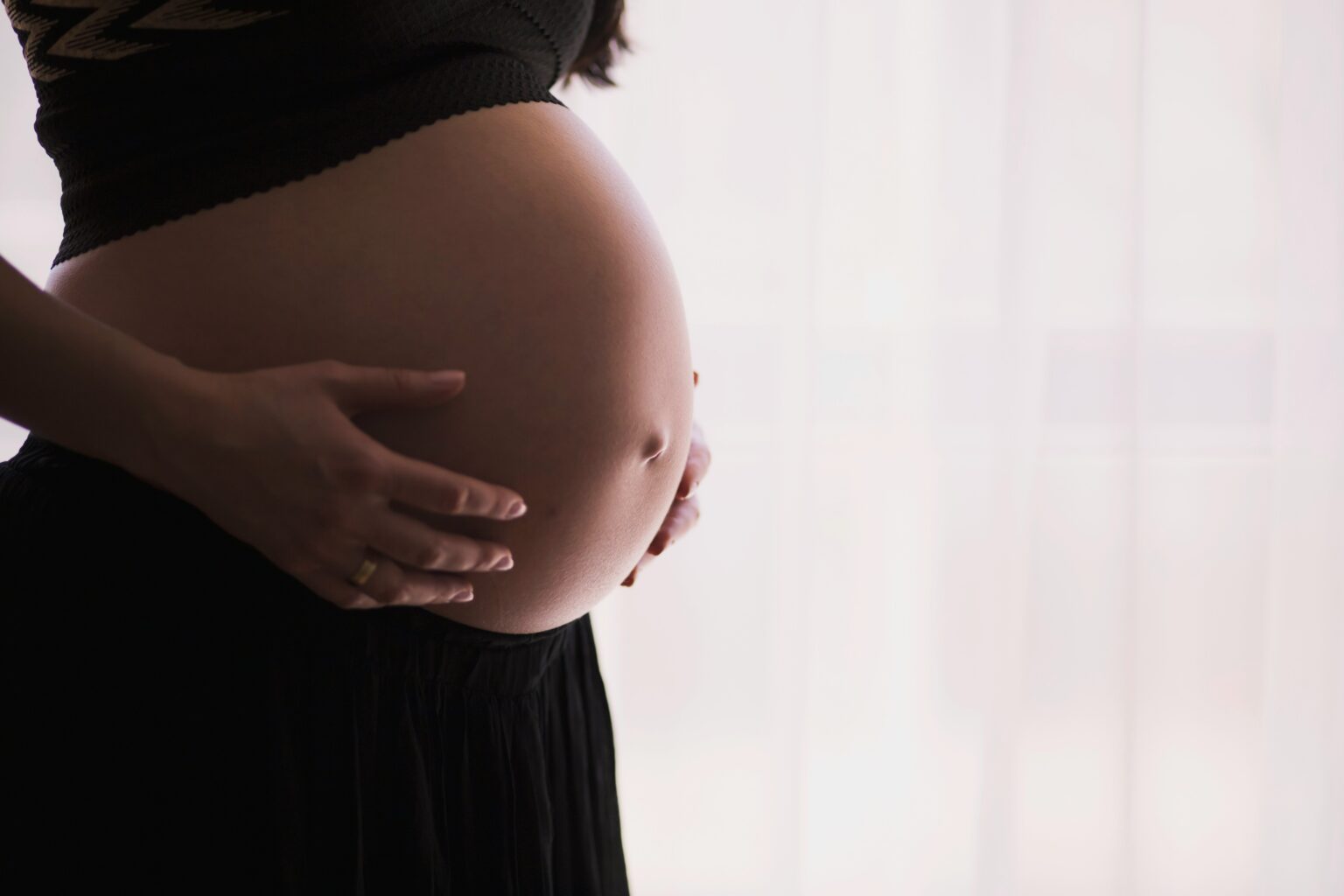
Menopause
Night sweats during menopause are a more than typical symptom. This is a common symptom. It usually occurs with characteristic hot flashes. The reasons for this state of affairs usually include the following phenomena:
- A sharp decrease in the concentration of estrogens, i.e., fundamental sex hormones
- Disturbances in the activity of neurotransmitter hormones such as adrenaline, norepinephrine, dopamine, and serotonin
- Dysfunctions within the thermoregulation center
Night sweats and hot flashes may appear already in the premenopausal period, i.e., just before the actual menopause.
When Should Night Sweats In A Child Be A Concern?
In children, night sweats are less frequently indicative of serious illnesses, some of which are rare in pediatric populations, and more often signify viral and bacterial infections and inadequate sleep hygiene. This can be attributed to the relatively undeveloped state of a child’s immune system, which matures gradually until adolescence, rendering them more susceptible to infections.
Moreover, being near large peer groups in settings such as nurseries, kindergartens, and schools facilitates the transmission of infectious agents, leading to frequent occurrences of flu and colds, which provoke intense sweating in febrile children as a customary thermoregulatory response.
Night sweats in children can also arise from overheating, which is frequently due to a common misconception that infants should sleep in a warm environment. Consequently, many parents keep windows tightly shut, employ round and curled radiators, and dress their children in thick rompers and pajamas, hats, and down eiderdowns. Yet, it has been established that such practices are erroneous.
Causes
Of course, it cannot be ruled out that the problem is much more severe, especially if excessive sweating is chronic. The potential cause could then be:
- Tonsil hypertrophy
- Vitamin D or iron deficiency
- Anemia
- Tuberculosis
- Disorders of calcium and phosphate metabolism
- Hyperthyroidism or hypothyroidism
- Emotional disorders
- Overweight and obesity
- Type 1 diabetes
- Cardiac problems, including congenital heart defects
- Cancers, including leukemia and lymphomas
As you can see, there are so many potential causes that if night sweats persist for a long time, you should take your child to a doctor immediately.
How To Manage?
How to deal with night sweats? It all depends on the cause. If excessive sweating at night is related to overheating, it is enough to ensure thermal comfort in the bedroom. However, in the case of more serious diseases, their treatment is the basis.
To combat or minimize the unpleasant symptoms of night sweating:
- Lower the temperature in the room intended for sleeping – the optimal temperature is only 18 degrees Celsius or slightly more. In winter, it is worth limiting the operation of radiators, and in summer, depending on the weather outside, ventilate the room intensively in the evening and prevent hot air during the day by closing the windows tightly.
- Get plenty of outdoor activity to improve circulation and ensure the proper oxygenation level in your body.
- Before going to sleep, relax, do not think about stressful events, and focus on pleasant activities but not particularly burdensome physically, mentally, and intellectually.
- In the evening, avoid large, fatty, and spicy meals.
- Do not drink alcohol or smoke cigarettes before going to bed, especially or preferably not at all.
- Do not abuse painkillers unnecessarily – they also lower body temperature so that they may cause diaphoresis.
- Regularly undergo preventive examinations, and even more so, consult a doctor if disturbing symptoms occur and persist for a long time.
- If night sweating occurs due to a disease, the basis is the therapy of the disease. In such a situation, focusing only on one of the symptoms, i.e., excessive sweating, is ineffective and harmful to health.
Sources
- Night sweats: a systematic review of the literature. NIH.
https://pubmed.ncbi.nlm.nih.gov/23136329/ - Sweating as a heat loss thermoeffector. NIH.
https://pubmed.ncbi.nlm.nih.gov/30454591/ - Night sweats. NHS.
https://www.nhs.uk/conditions/night-sweats/ - Fever, Chills, and Night Sweats. NIH.
https://www.ncbi.nlm.nih.gov/books/NBK324/ - Night sweats in children: prevalence and associated factors. NIH.
https://pubmed.ncbi.nlm.nih.gov/21427123/ - Investigation of the relationship between hot flashes, sweating and sleep quality in perimenopausal and postmenopausal women: the mediating effect of anxiety and depression. NIH.
https://www.ncbi.nlm.nih.gov/pmc/articles/PMC8351108/ - Independent association between hypoxemia and night sweats in obstructive sleep apnea. NIH.
https://pubmed.ncbi.nlm.nih.gov/36042066/ - Antidepressant-induced sweating. NIH.
https://pubmed.ncbi.nlm.nih.gov/15728327/ - Determinants of hot flashes and night sweats. NIH.
https://pubmed.ncbi.nlm.nih.gov/16500807/ - Higher sweating rate and skin blood flow during the luteal phase of the menstrual cycle. NIH.
https://pubmed.ncbi.nlm.nih.gov/25230913/ - Prospective evaluation of nighttime hot flashes during pregnancy and postpartum. NIH.
https://pubmed.ncbi.nlm.nih.gov/24035604/ - Understanding the pathophysiology of vasomotor symptoms (hot flushes and night sweats) that occur in perimenopause, menopause, and postmenopause life stages. NIH.
https://pubmed.ncbi.nlm.nih.gov/18074100/ - Hot Flashes: What Can I Do?. NIH.
https://www.nia.nih.gov/health/menopause/hot-flashes-what-can-i-do - Persistent Night Sweats: Diagnostic Evaluation. NIH.
https://pubmed.ncbi.nlm.nih.gov/32996756/
